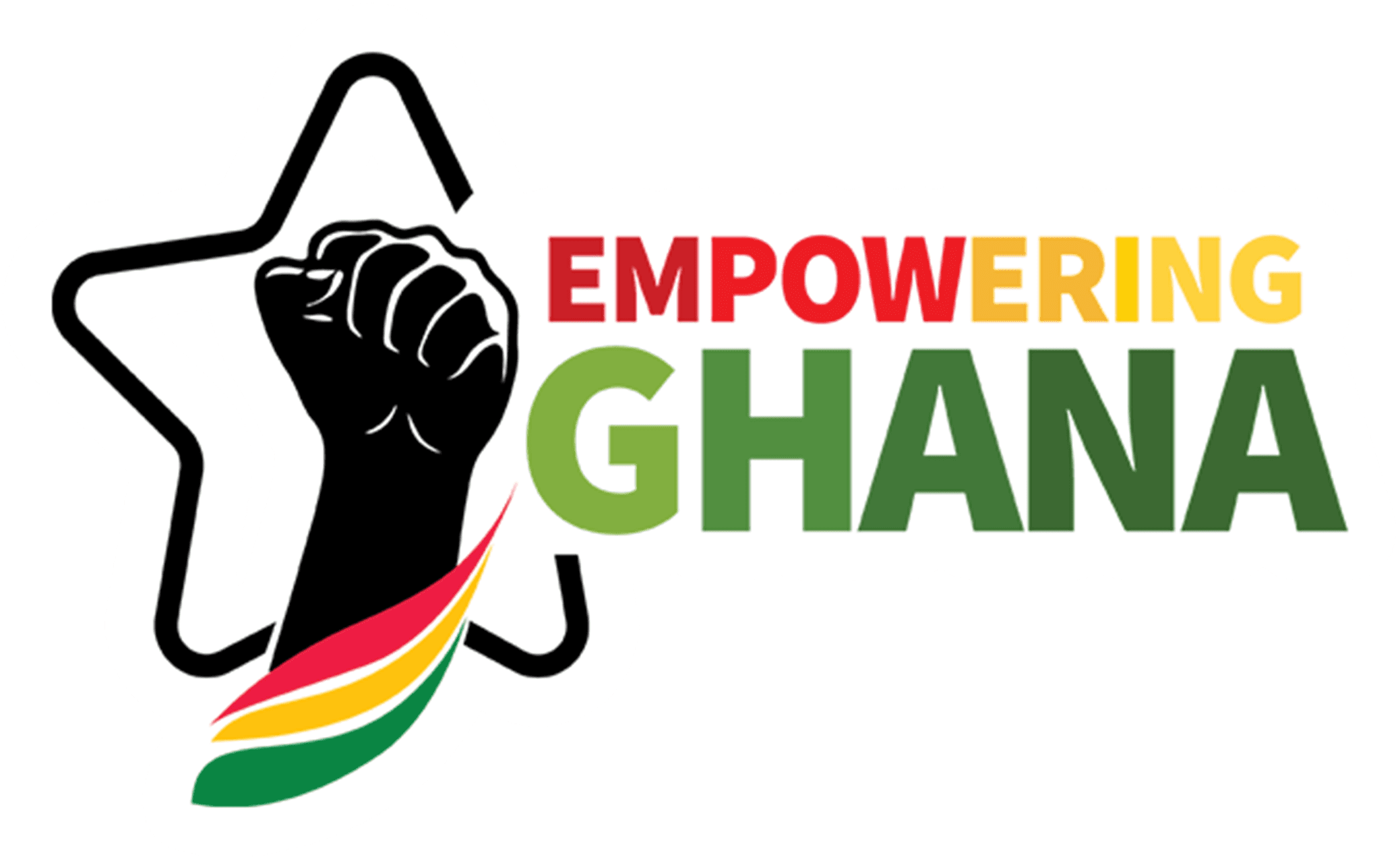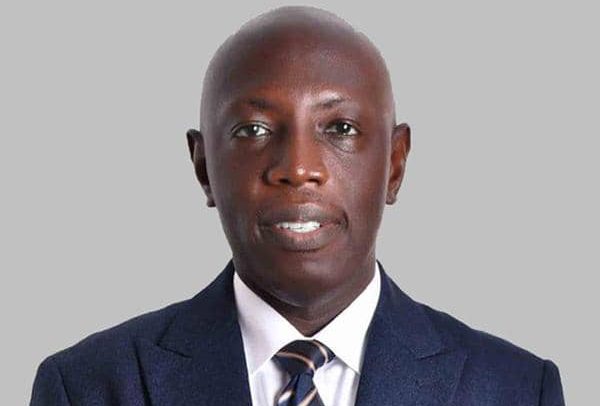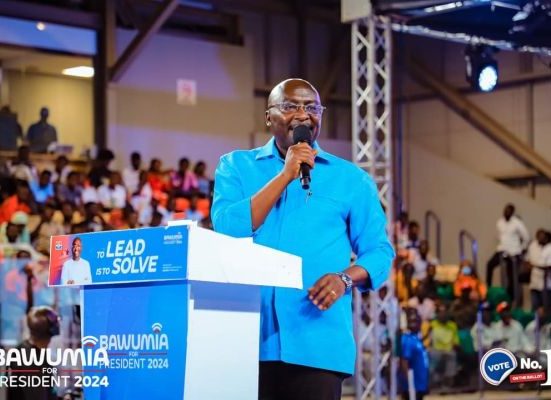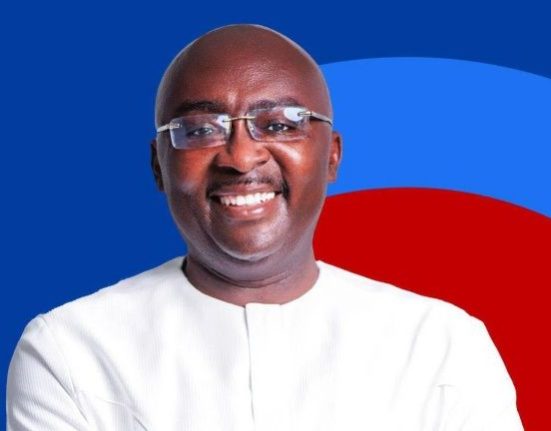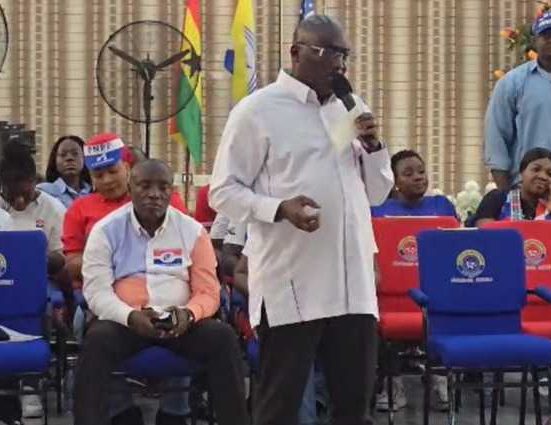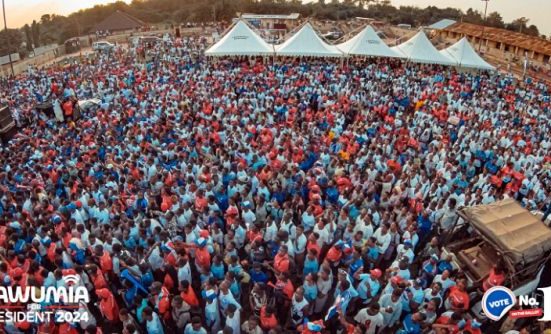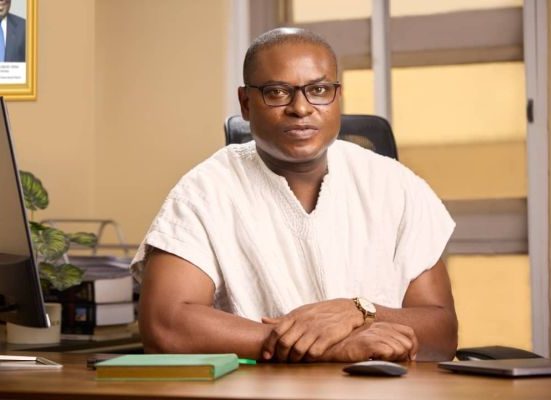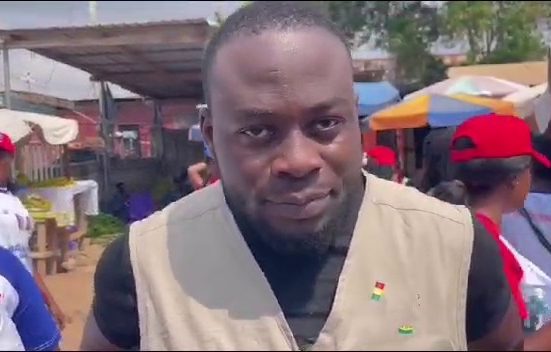The galamsey crisis has severely impacted Ghana’s environment and local economies, presenting a complex challenge that necessitates both national and local responses. Although Mahama’s desire to confront this issue was praiseworthy, the timing and reception of his efforts were lacking. His strategy appeared to lack the necessary depth to effectively address a problem that not only threatens livelihoods but also jeopardizes environmental sustainability for future generations in Ghana.
The recent threat of a strike related to galamsey in Ghana, initiated by Organised Labour’s call for an indefinite strike to demand more robust government action and even a state of emergency to mitigate the environmental destruction caused by illegal mining, provided a distinct opportunity for opposition leaders to leverage the situation and connect with voters.
In his attempt to make this a central theme of his 2024 campaign, former President Mahama misjudged the intricacies of the issue and overestimated the attractiveness of his proposed solutions. Consequently, Mahama’s tour related to galamsey has been largely perceived as a miscalculation—a campaign strategy that not only failed to meet its objectives but also shifted focus away from his more vulnerable position regarding his economic record.
In an unusual decision, Mahama has opted to highlight the galamsey strike to critique the current government’s management of the crisis, rather than addressing the more pressing issue of his economic performance and the shortcomings of his 24-hour economy policy.
His engagement in the galamsey discourse has been met with skepticism by many Ghanaians, who are still grappling with the economic mismanagement experienced during his previous administration. Mahama’s efforts to position himself as an advocate for galamsey miners have not resonated, as many recall the difficulties his government faced in effectively tackling the issue during his time in office.
His administration faced significant challenges related to debt, inflation, and fiscal discipline—critical issues that his political adversaries have capitalized on and which he must confront directly if he hopes to gain momentum in the 2024 campaign. Ghana’s economic performance during Mahama’s presidency began robustly, supported by oil revenues, but experienced a notable decline as his term progressed.
The nation achieved a remarkable growth rate of 9.3% in 2012; however, by 2016, this figure had plummeted to 3.37%. This steep downturn was not attributed to any external shocks. A major point of contention during Mahama’s presidency was the swift rise in national debt. Ghana’s public debt surged from 48.03% of GDP in 2012 to 73.3% in 2016.
His administration engaged in substantial borrowing to fund extensive infrastructure projects, yet the escalating debt became a focal point of criticism, with many questioning the viability of the country’s fiscal trajectory. During Mahama’s time in office, inflation escalated significantly, reaching a peak of 17.7% in 2015 before slightly decreasing to 15.4% in 2016.
This inflationary trend was largely driven by the depreciation of the cedi, which weakened against major currencies due to fiscal imbalances and elevated government expenditure. The rising inflation diminished the purchasing power of the average Ghanaian, while the cedi’s depreciation made imports costlier, exacerbating economic difficulties.
One of the most prominent challenges of Mahama’s administration was the energy crisis, commonly known as dumsor. The persistent power outages severely disrupted productivity and contributed to the economic slowdown. Although Mahama’s government implemented measures to mitigate the crisis by introducing power barges and enhancing electricity generation, the adverse effects on the economy had already taken their toll.
Moreover, Mahama’s campaign promise regarding the 24-hour economy policy, which he presented as a solution to Ghana’s economic challenges, has faced widespread criticism from both experts and the general populace.
The policy aimed at maintaining 24-hour business operations has faced criticism for being impractical, unfeasible, and lacking specific implementation details. For a successful 24-hour economy, it is essential that Ghana enhances its infrastructure, energy supply, and security systems.
Given the lingering effects of dumsor, many citizens remain doubtful about Mahama’s capacity to provide the energy reliability necessary for such an economy. The absence of a clear implementation strategy has further diminished the policy’s effectiveness as a campaign message. Observers have described the concept of a 24-hour economy as “aspirational yet impractical” under the current economic conditions.
With rising inflation, substantial debt, and a volatile currency, Ghana is not in a position to adopt such a system. Mahama should prioritize addressing the structural challenges that have long affected the economy—challenges he faced during his previous administration. Instead of confronting these criticisms and outlining a clear plan for economic improvement, Mahama has opted to divert attention from his record to the galamsey strike.
This tactical error has only served to expose his vulnerabilities and reinforce the notion that he is disconnected from the concerns of everyday Ghanaians. The galamsey strike is a complex issue that necessitates a thoughtful and multifaceted response. While it is understandable that Mahama would seek to leverage this situation, his inability to present a coherent and persuasive alternative has undermined his credibility. Ghanaians deserve a leader who prioritizes meaningful solutions over mere political gain.
As the campaign intensifies, Mahama would benefit from redirecting his focus to the issues that genuinely concern Ghanaians—namely, the economy, employment, and a clear vision for the nation’s future.
In light of the unsuccessful galamsey intervention and the tepid reception of his 24-hour economy initiative, Mahama must reevaluate his campaign approach. Instead of fixating on a politically sensitive issue, he should concentrate on candidly addressing his economic track record and proposing tangible solutions for the future.
Additionally, the former President should prioritize the following matters: First, Mahama needs to recognize the economic difficulties encountered during his administration, such as escalating debt and inflation, and articulate the lessons he has derived from these experiences.
This acknowledgment will allow him to exhibit accountability and position himself as a leader who comprehends the intricacies of Ghana’s economy. Second, unemployment continues to be a significant concern in Ghana. Mahama ought to propose realistic and attainable strategies to generate employment, particularly for the youth.
This could include investments in agriculture, technology, and small to medium-sized enterprises (SMEs). Third, rather than advocating for a 24-hour economy, Mahama should emphasize the importance of providing reliable and affordable energy. He must outline a strategy that leverages his experience with dumsor to secure Ghana’s energy future through renewable resources, investments in the energy sector, and collaborations with the private sector.
Lastly, given Ghana’s debt situation and its associated challenges, Mahama needs to present a credible framework for managing public finances. This may involve strategies to enhance revenue, eliminate unnecessary expenditures, and ensure that future borrowing remains sustainable. Instead of attempting to exploit the galamsey issue for political advantage, Mahama should take a moment to reassess his campaign strategy.
He must confront the reality of his own inadequate economic performance and the unsuccessful messaging surrounding the 24-hour economy policy. Only by doing so can he aspire to regain the confidence of the Ghanaian populace and offer a viable alternative to the current administration. Until that occurs, Mahama’s efforts to leverage the galamsey situation will likely be perceived as insincere, and his prospects of reclaiming the presidency will remain limited.
The writer is Professor Isaac Boadi, is the dean of the school of finance and accounting at the University of Professional Studies, Accra (UPSA)
